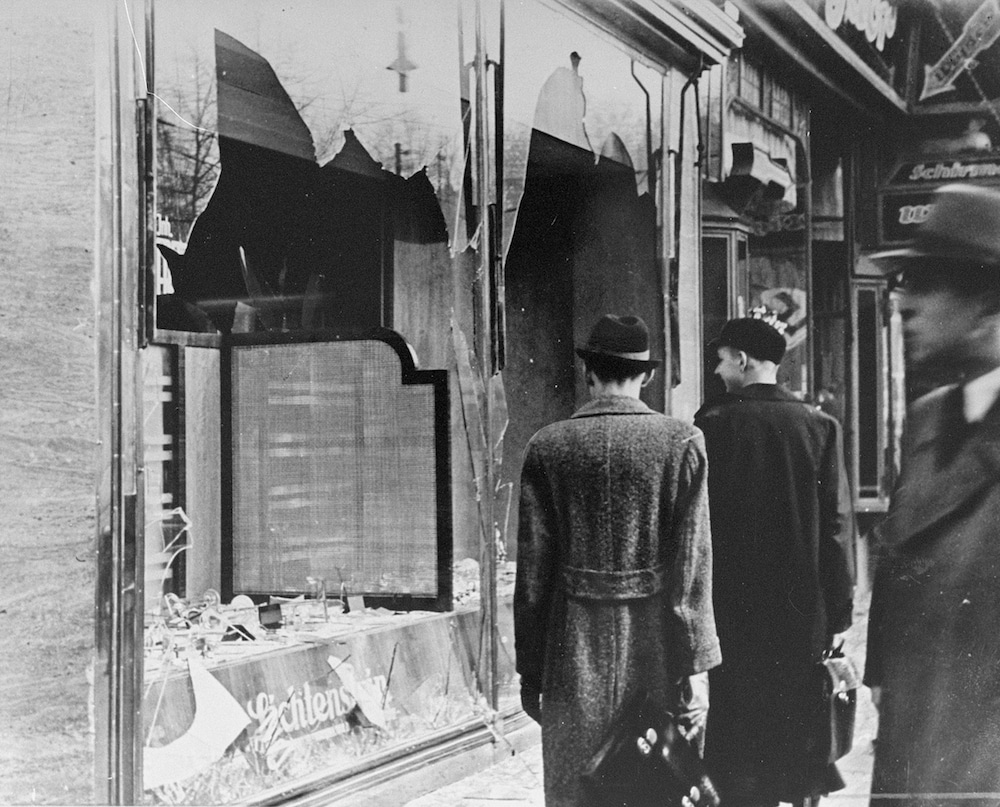
Soon after taking power in Germany in 1933, the Nazi Party staged a boycott of Jewish-owned businesses. Storm troopers stood outside of Jewish establishments with signs that read “Don’t Buy from Jews,” while shouting similar slogans at passersby. This was soon followed by public burnings of books written by Jewish authors and anti-Jewish legislation like the Nuremberg Laws that formalized the segregation of Jews from “Aryans.” These social, economic and legal boycotts quickly turned into physical violence. During Kristallnacht in 1938, the Nazis destroyed many of the Jewish-owned businesses they had boycotted in 1933. These pogroms were the beginning of a genocide that claimed the lives of six million Jews over the course of the Holocaust. The murder of two-thirds of Europe’s Jews began with a boycott of Jewish businesses.
The murder of two-thirds of Europe’s Jews began with a boycott of Jewish businesses.
The modern state of Israel did not yet exist to provide a safe haven to the Jews who would become the victims of the Nazis and their European collaborators. British rule in the area that would soon become a Jewish state again put a strict limit on the number of Jewish refugees that could immigrate to the region. Governments around the world likewise refused admission to them, forcing Jews to stay in Europe and face the Nazis’ Final Solution. With the creation of Israel in 1948, Jews facing pogroms and ethnic cleansing around the world now had a country of their own where they could be free from discrimination and oppression. Almost a million Jews from across the Middle East avoided the fate of Europe’s Jews under the Nazis when most were driven from their homes by nationalist governments across the region soon after Israel’s independence to settle in the new state. Millions of Jewish refugees escaping war, famine and political oppression from the Arab world, Africa, Latin America and the former USSR would follow in the ensuing decades. In fact, just in the last few weeks, Israel has absorbed thousands of Ukrainian and Russian refugees whose compatriots face an uncertain refugee status elsewhere.
Israel’s Arab neighbors refused to honor the United Nations’ recognition of Israel’s Independence, launching wars against it in 1948, 1967 and 1973. Egypt and Jordan eventually signed peace treaties with Israel, followed by Bahrain, the United Arab Emirates, Sudan and Morocco. While anti-Israel groups on college campuses and elsewhere call for ostracizing the world’s only Jewish state from the international community, these treaties have brought greater peace and stability to the Arab world, allowing for heretofore unheard-of opportunities for cultural and economic exchange and cooperation between Israel and its Arab neighbors. Similar processes of normalization are underway with several other Arab nations.
Various Israeli governments have offered to make peace with the different Arab powers that have controlled Gaza and the West Bank since 1948. These efforts have been largely rebuffed, with Israel’s neighbors usually responding with violence. The founding Covenant of the Hamas regime that rules Gaza calls for Israel’s destruction. Hamas has murdered thousands of Israelis and dozens of Americans over the course of its history while refusing to hold elections since taking office in 2006. Fatah leader Mahmoud Abbas has similarly refused to hold presidential elections since coming to power in the West Bank in 2005. Meanwhile, Israeli Arab citizens hold key roles in Israeli government and society, including positions on the Supreme Court and in the ruling coalition government. There are no Jews in similar positions in Gaza and the West Bank under Hamas and Fatah.
Israel’s Arabs make up more than a fifth of Israel’s population and experience complete legal equality under the nation’s constitution. Arabic is an official language of the state. The majority of them identify as Israelis and support the Abraham Accords. Ninety-three percent of Arabs in East Jerusalem prefer Israeli rule to Fatah. Anti-Israel boycotts attempt to ostracize the world’s only Jewish state the way Nazis and their collaborators once ostracized their Jewish citizens. As Israel hosted the Negev Summit to strengthen its cooperation with Bahrain, Egypt, Morocco, and the UAE, terrorists murdered Israelis of different ethnic and religious backgrounds across the country. These attacks showed once again that anti-Israel boycotts always lead to violence and are anathema to the cause of peace and mutual understanding.
Oleg Ivanov is a freelance writer and editor.






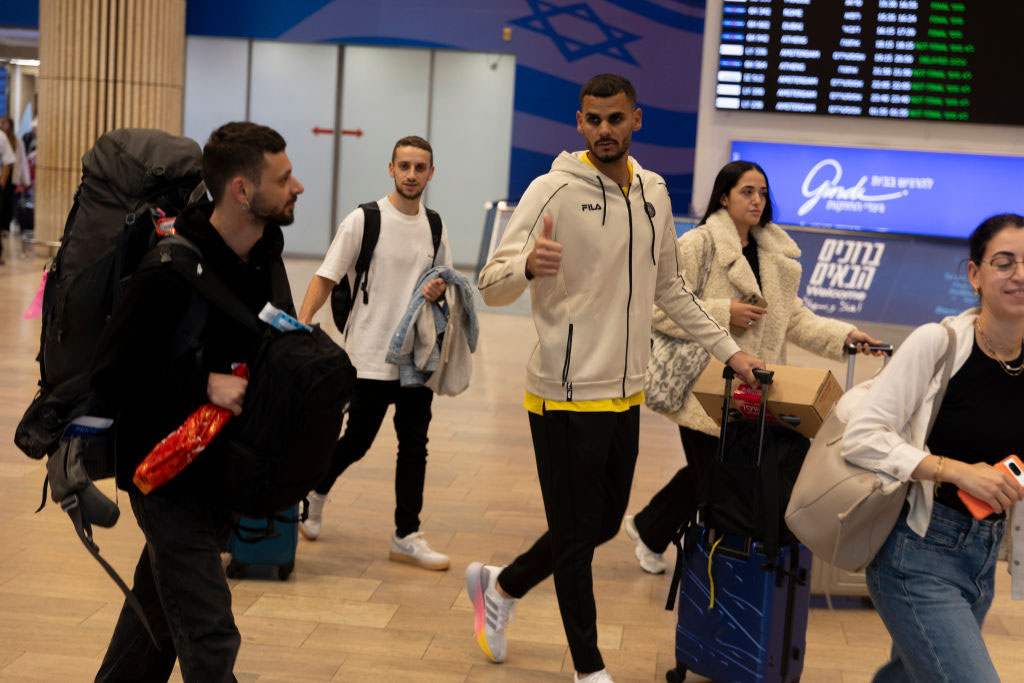
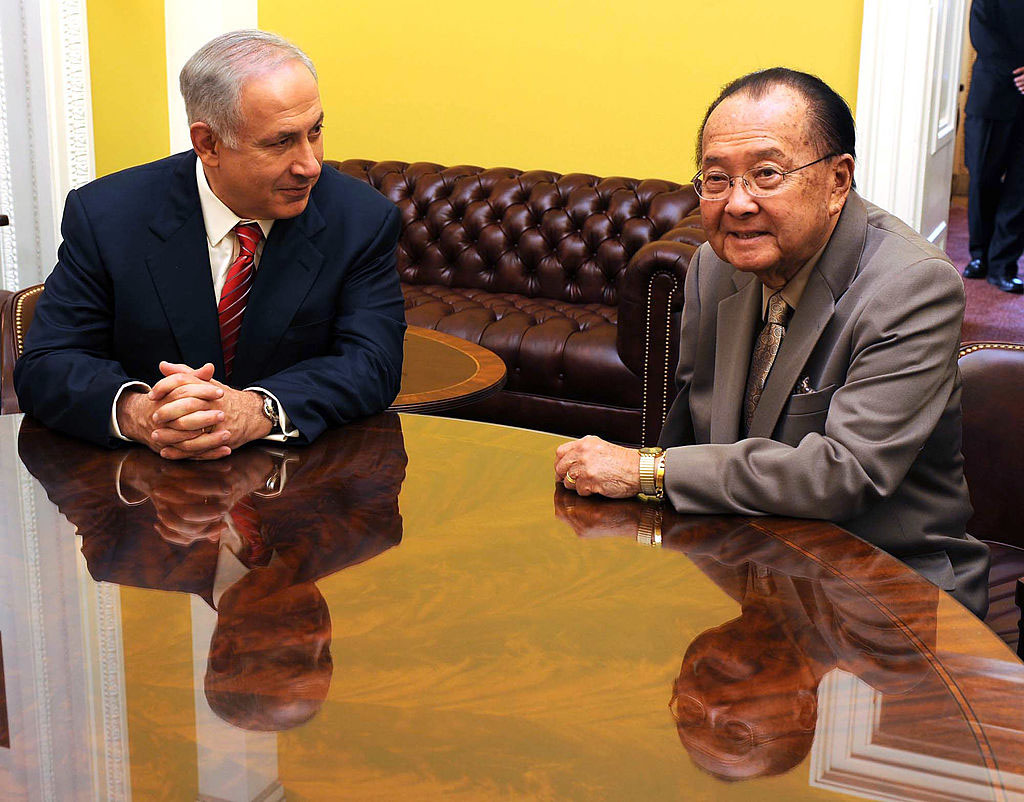



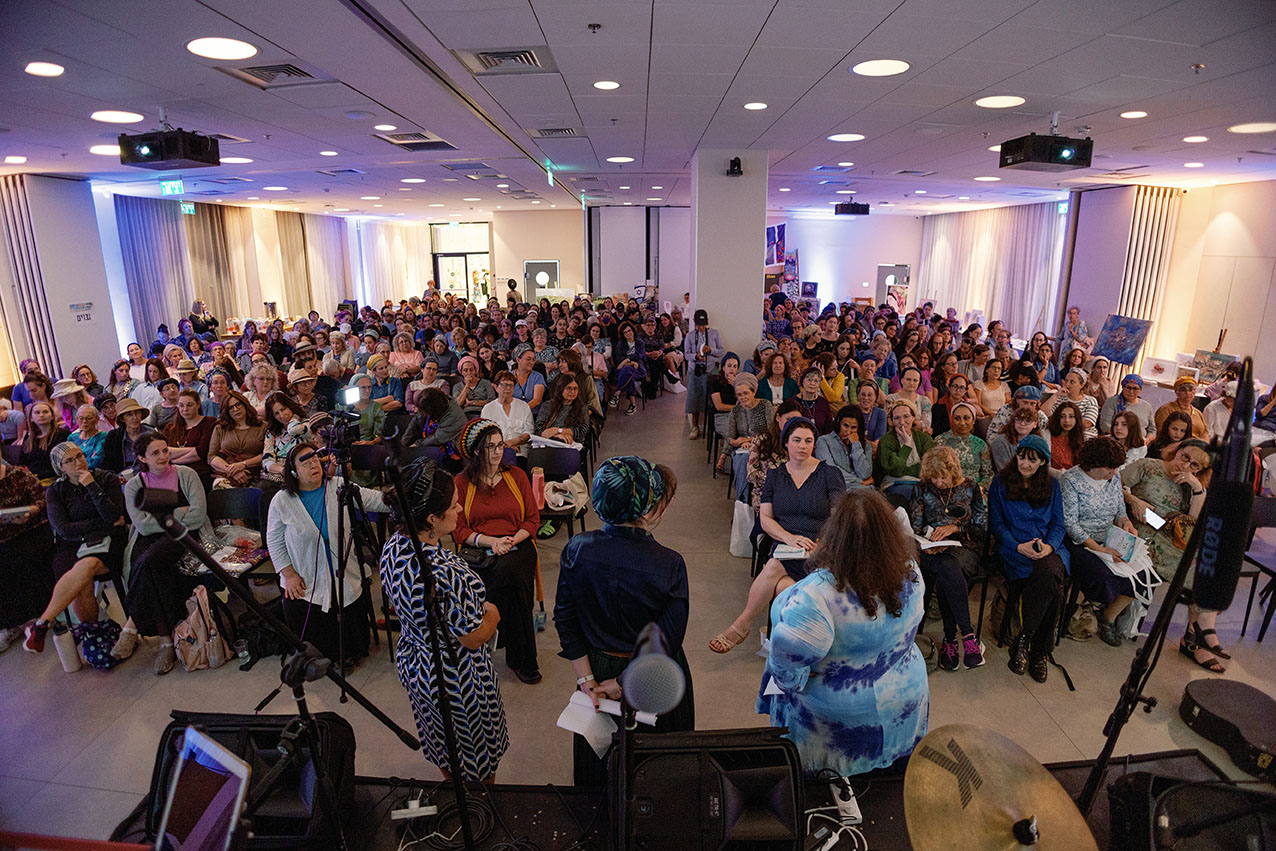
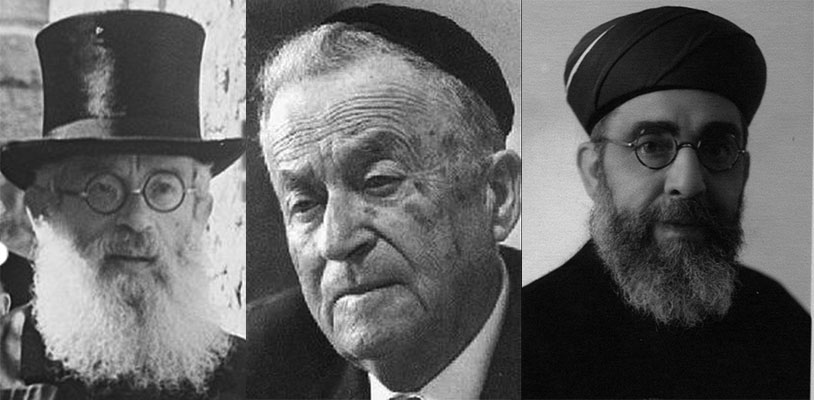

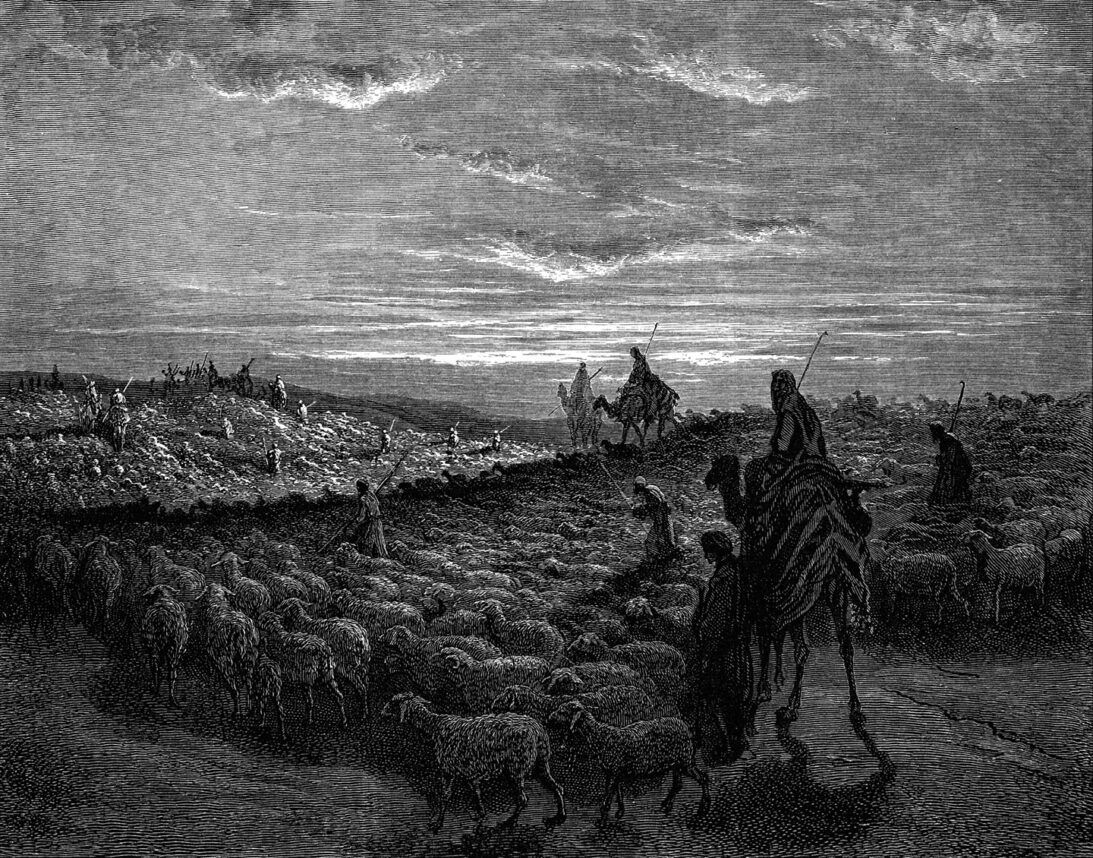






 More news and opinions than at a Shabbat dinner, right in your inbox.
More news and opinions than at a Shabbat dinner, right in your inbox.